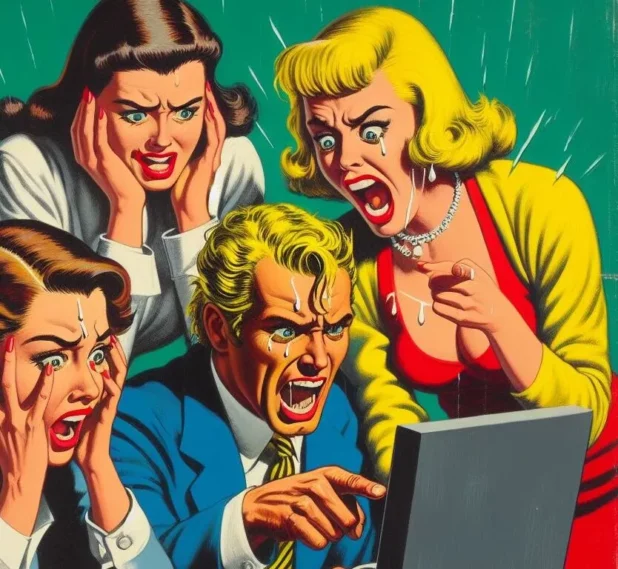The solution to bad information was always good information.
This issue of censorship was solved like 500 years ago.
It might make sense to do censorship if you don’t have a democracy. That’s at least plausibly coherent.
But if you have a universal suffrage democracy, you are saying that every single person in the society is so totally actualized that they are able to make very serious decisions about the way the government is run. That is the claim being made in the core proposition of democracy.
If people can’t figure out that some videos on the internet are fake, then they can’t possibly also be able to decide the fate of a nation through voting.
Further, if you are limiting the ability of people to access information in a democracy, you are admitting that these masses of peasants are not capable of making serious decisions about the way the government should be run.
You can’t say “these people are so self-actualized that they can, collectively, make very good decisions about the way a country is run” and “these people are so stupid we have to protect them from goofy fake news stories.”
Only one of those things can be true.
More than 100 deepfake video advertisements impersonating Rishi Sunak were paid to be promoted on Facebook in the last month alone, according to research that has raised alarm about the risk AI poses before the general election.
The adverts may have reached as many as 400,000 people – despite appearing to break several of Facebook’s policies – and mark the first time that the prime minister’s image has been doctored in a systematic way en masse.
More than £12,929 was spent on 143 adverts, originating from 23 countries including the US, Turkey, Malaysia and the Philippines.
They include one with faked footage of a BBC newsreader, Sarah Campbell, appearing to read out breaking news that falsely claims a scandal has erupted around Sunak secretly earning “colossal sums from a project that was initially intended for ordinary citizens”.
It carries the untrue claim that Elon Musk has launched an application capable of “collecting” stock market transactions and follows with a faked clip of Sunak saying the government had decided to test the application rather than risking the money of ordinary people.
The clips then lead to a spoofed BBC News page promoting a scam investment.
The research was carried out by Fenimore Harper, a communications company set up by Marcus Beard, a former Downing Street official who headed No 10’s response to countering conspiracy theories during the Covid crisis.
He warned that the adverts, which mark a shift in the quality of the fakes, showed that elections this year were at risk of manipulation from a large quantity of high quality AI-generated falsehoods.
…
A UK government spokesperson said: “We are working extensively across government to ensure we are ready to rapidly respond to any threats to our democratic processes, through our defending democracy taskforce and dedicated government teams.
“Our Online Safety Act goes further by putting new requirements on social platforms to swiftly remove illegal misinformation and disinformation – including where it is AI-generated – as soon as they become aware of it.”
If you’re worried about fake ads, run your own ads saying that the fake ads are fake. Either that, or just admit that democracy, as it is advertised, is totally impossible, because people are too stupid, and we therefore need a new system that is more openly authoritarian in nature.
Related: WEF Says AI-Driven Misinformation Threatens Democracy and The Economy
Elvis Dunderhoff contributed to this article.


